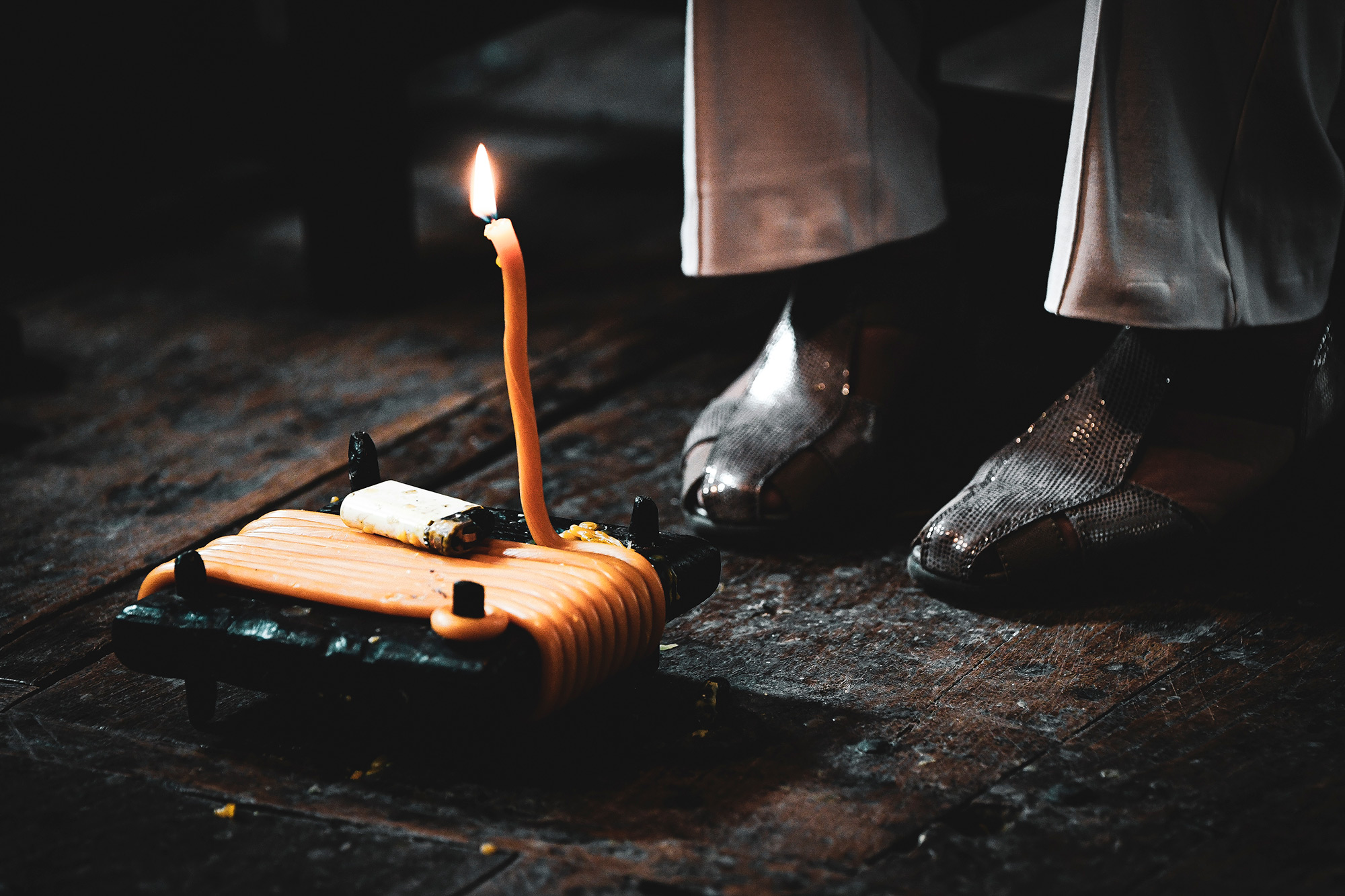Sydney, Canada, celebrates the sixth edition of the Atlantic initiative
- The “Kenekk Tepaw-Roots of the indigenous peoples of the North Atlantic” meetings are taking place in Canada, with the participation of many experts and researchers from all over the world, including some forty people from Euskal Herria.

Organized by the Centre for Indigenous Studies Unamaki mi’kmaq of the University of Cap Breton and responsible for the study and dissemination of Basque culture, the sixth edition of the Atlantic Congress is being held in the Cap Breton University auditorium, and after the inauguration, on 27 and 28, sessions are being held tomorrow and afternoon.
At the inaugural ceremony, the ethnologist and vice-chancellor of the University of Cap Breton, Stepehn Agustin, stressed the importance of the meeting between Basques and my’kmaq, after more than 500 years of contacts.
For his part, the representative of Jauzarrea, Xabi Otero, stressed that both the General Council Mi’kmaq and the indigenous studies section of the University of Cap Breton have continued the Atlantic congresses in North America, after having carried out the previous five in Bilbao and Irun with great success.
There will be 30 presentations at the congress to address different aspects of the issue. The experts come from Canada, the United States, England, Germany, Wales, Denmark and the Basque Country, as well as from some of the first indigenous nations in North America.
The congress involved a large group of people from the Basque Country, including experts in Antopology, History, Linguistics and Ethnography. There are also people from Jauzarrea. Jauzarrea is a road for the study and dissemination of Basque culture, based in Arraioz (Baztan), and consists of about 300 people.
View of the protagonists on both sides of the Atlantic
The relationship between the Basques and my’kmaq has long been aimed at capturing whales since the Basques arrived in the San Laurendi estuary, according to historical archives.
Xabi Otero stressed that at the Congress “Atlantiar Knekk Tepaw (so far away, so close)” the oldest relations between the Basques and my’kmaq will be discussed and the issues that affect both countries will be discussed.” In the words of the director of Jauzarrea, “we want to know our past better in order to face the future consistently. It is about giving a vision of the indigenous people on both sides of the Atlantic, told by the protagonists themselves.”
Experts will address issues such as climatology, archaeological findings, genetic migrations, ship building, the first nations of Canada and trade and cultural relations, among others.

Some of the main reports are:
Richard Peltier (University of Toronto), physicist and expert in Earth science: “Glacial conditions of the North Atlantic Ocean: Dansgaard-Oeschger oscillation and instability of the Heinrich phenomenon”.
María Pala, a geneticist, an expert in molecular biology at the University of Huddersfield in the United Kingdom: “Genetic evidence of the indigenous peoples of America”
Peter Bakker, Aarus University linguistics (Denmark): “Permanent grammatical traits in the origin of the Basque Country”.
Xarles Bidegain, Vice President of Euskaltzaindia (University of Pau Baiona): “Letters in Basque from the boat Le Dauphin de Baiona, captured by the Royal Navy of England in 1757”.
Dennis Stanford, anthropologist and archaeologist (Whasinton Smithsonian Institute), director of the Paleoindian/Paleoecology Programme.
Bruce Bradley, archaeologist, expert in developing prehistory tools. University of Exeter. “Early human occupation in North America.”
In the last two centuries the concept of “culture” has been given importance. When industrialization, capitalism and Eurocentric imperialism were destroying hundreds of popular cultures, curiosity was awakened by cultures that were on the way to being lost in many... [+]















